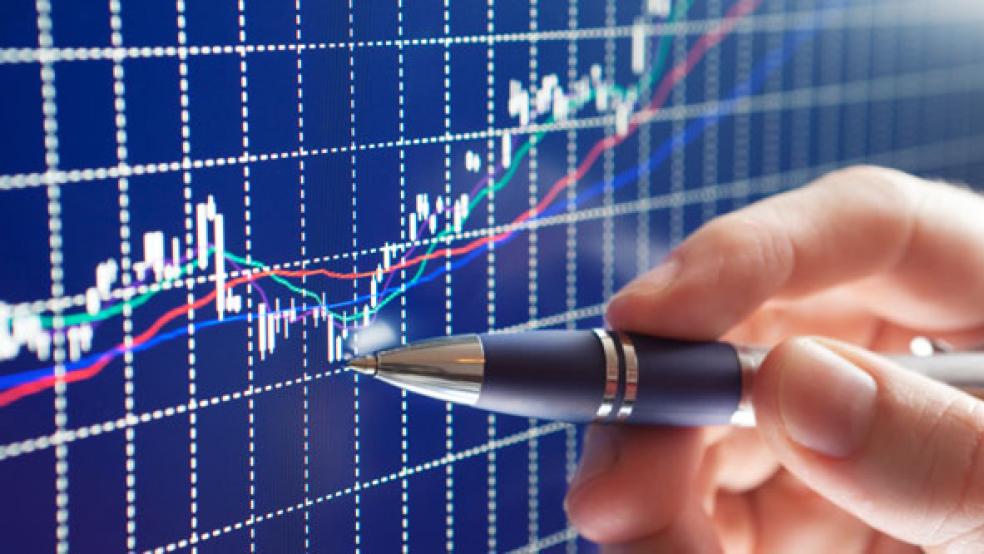U.S. gasoline and heating oil futures gained while U.S. Treasuries also rose on Monday, as economic worries over Hurricane Sandy fueled safe-haven buying in thin trading as the powerful storm began to batter the U.S. East Coast.
The storm closed Wall Street on the anniversary of the 1929 stock market crash. It was the stock market's first weather-related closure in 27 years, and other markets closed early as investors braced for the impact of Sandy, one of the biggest storms ever to slam the U.S. eastern seaboard. U.S. stock and bond markets will be closed on Tuesday, but the two-largest U.S. stock exchange operators intend to reopen Wednesday, conditions permitting.

Trading was thin in U.S. foreign exchange, fixed income, precious metals and energy markets as public transportation was shut in New York and parts of lower Manhattan were evacuated.
"You have uncertainties now. You have these safe haven purchases. People are trying to figure out the economic impact from the storm, said Larry Milstein, head of government and agency trading at R.W. Pressprich & Co in New York. "Right now it's the easy way to buy Treasuries and wait to see what happens," Milstein said.
Benchmark U.S. 10-year Treasury notes traded 8/32 higher in price to yield 1.7206 percent. U.S. heating oil futures gained, touching the highest level relative to U.S. crude oil on record, as dealers hedged against the risk of power outages and flooding from Sandy that could damage refineries and keep production shut for weeks.The crack spread, the difference in value between a barrel heating oil and a barrel of crude oil, touched $45.15 a barrel.
"Markets will be watching for reports of damage to energy infrastructure, notably refineries, post-Sandy, given the state of extremely low gasoil inventories as we move into winter season," Deutsche Bank analysts said.
Gasoline futures reached $2.8115 a gallon, the highest since October 17, before paring gains as traders factored in the reduced demand for fuel with the almost total shut-down of eastern seaboard roads and airports.
In Europe stocks, led by insurers, fell on expectations Sandy-related damage will boost claims, while political jitters in debt-laden Italy cast shadows on the euro zone.
Reinsurers Swiss Re and Hannover RE led a weaker European insurance sector index as the market tried to foresee the clean-up costs of Sandy."We are seeing insurers slide and we've sold a bit of Aviva and RSA," said Ed Woolfitt, head of trading at Galvan Research.
Euro zone blue chips shed 0.7 percent to 2,478.84 points after former Prime Minister Silvio Berlusconi threatened to bring down the government of his successor, Mario Monti, which has appeased markets with its austerity agenda.
The broader MSCI world equity index lost 0.26 percent to 327.74 points - on track for its worst monthly performance since May as doubts grow over the effect of the latest round of central bank efforts to boost activity. The euro fell against the dollar and yen, hurt by uncertainty over whether Greece can agree to a deal on austerity and with no sign of when Spain might request aid.
The single currency was expected to stay subdued against the dollar and the yen, with investors preferring safe-haven currencies on renewed worries about weak earnings from top companies in the region.
The single currency was down 0.3 percent at $1.2898, not far from a two-week low of $1.2881.
The dollar rose to a session high against the yen ahead of a Bank of Japan policy review on Tuesday at which the central bank is expected to further ease monetary policy.The dollar was last up 0.2 percent at 79.80, the session peak.
U.S. consumer spending rose solidly in September, putting the economy on a firmer footing heading into the fourth quarter even though households had to pull back on saving to fund purchases. But the rise in consumer spending will mask a pullback late in the year as businesses hold investments in anticipation of higher taxes and cuts in federal spending that will kick in beginning early next year if Congress doesn't act, said Ellen Zentner, senior U.S. economist at Nomura Securities in New York.
Positive surprises, including third-quarter U.S. growth data and signs of stabilization in China, have failed to persuade investors that the world economy can achieve lasting growth as multinational global companies have forecast weak revenues.

